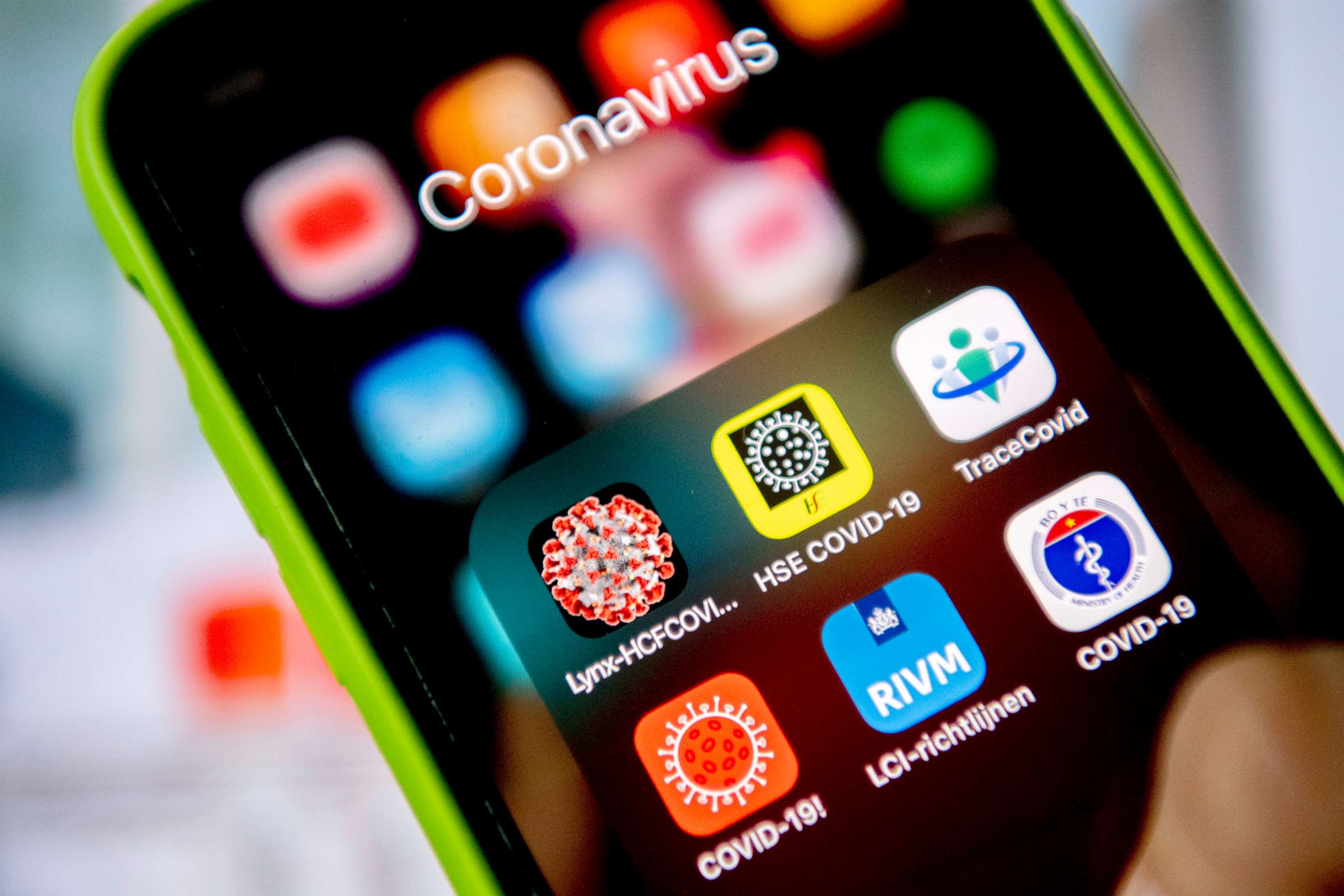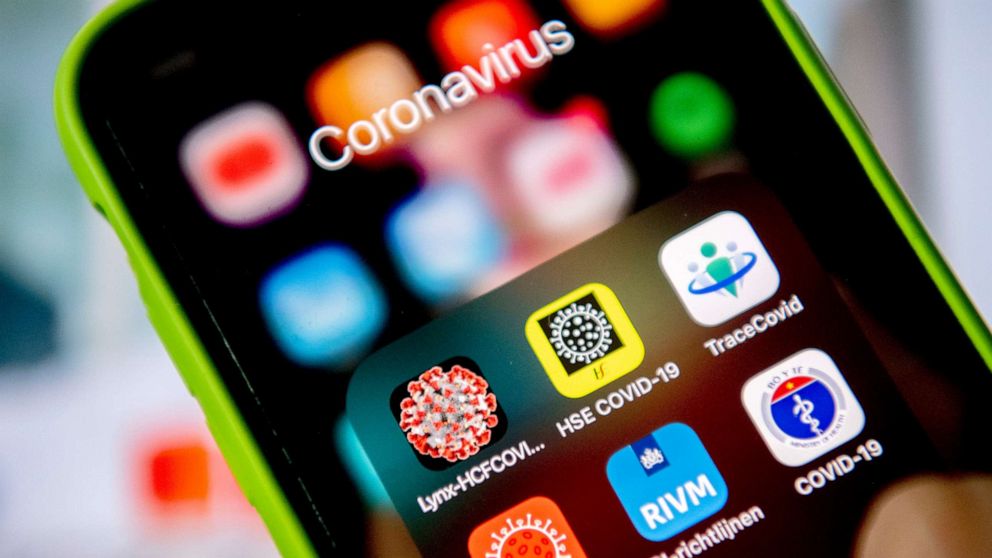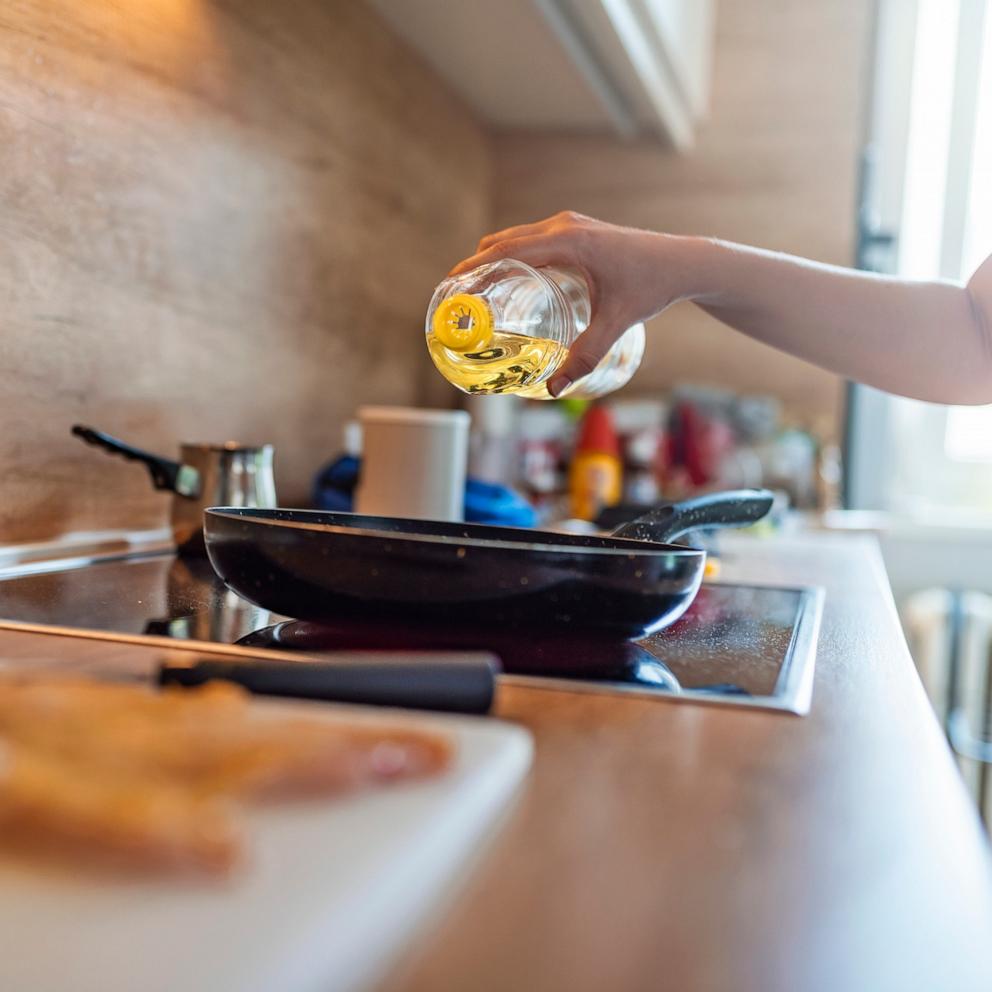Google and Apple team up for contact tracing COVID-19 app

Apple and Google announced a rare collaboration on Friday to help battle the novel coronavirus.
The tech giants said they would employ Bluetooth to create "contact tracing technology" tools to alert users if they have come in close contact with someone who has tested positive for COVID-19, according to a joint statement from the companies.
"A number of leading public health authorities, universities and NGOs around the world have been doing important work to develop opt-in contact tracing technology," the statement said. "To further this cause, Apple and Google will be launching a comprehensive solution that includes application programming interfaces (APIs) and operating system-level technology to assist in enabling contact tracing."

Both companies said they'll release apps in May in their respective app stores that will be part of "a broader Bluetooth-based contact tracing platform" to attempt to slow the spread of COVID-19.
Leaders at Apple and Google both emphasized that they were prioritizing user privacy.
"Contact tracing can help slow the spread of COVID-19 and can be done without compromising user privacy," Apple CEO Tim Cook said in a tweet.
Cook added that they are working with Google "to help health officials harness Bluetooth technology in a way that also respects transparency & consent."
Google CEO Sundar Pichai echoed Cook's sentiments in a separate tweet, writing that his company's contact tracing approach is "designed with strong controls and protections for user privacy."
Contact tracing is an incredibly important tool in traditional efforts in epidemiological investigations, according to Dr. John Brownstein, an ABC News contributor and the chief innovation officer at Boston Children's Hospital.
"Contact tracing is something that has been done for a long time," Brownstein said. "Obviously, with the advent of the mobile phone, that becomes a natural sort of beacon for understanding who you have had some interaction with."
Contact tracing technology was used early and effectively when the COVID-19 outbreak hit South Korea, according to Brownstein. That likely helped infections plateau there more quickly there than in other areas.
"They were really on top of it and had a huge investment from the mobile companies that have an incredibly high amount of data on your location and your contacts," Brownstein said. "In the U.S. we sort of missed the boat on contact tracing."
"You have so many cases, so the efforts to monitor contacts for so many cases is incredibly challenging," Brownstein added. "But as the cases comes down, if social distancing works, we could be in a world where contact tracing could be effective."
Brownstein said that although it's "really exciting to see Google and Apple working together," in order for these apps to be effective and provide an accurate picture, they must be widely used.
"The big challenge, I think, is that there are a lot of contact tracing applications that are becoming available to the consumer," he said. "They have to decide that they are willing to download this. They have to opt in."




